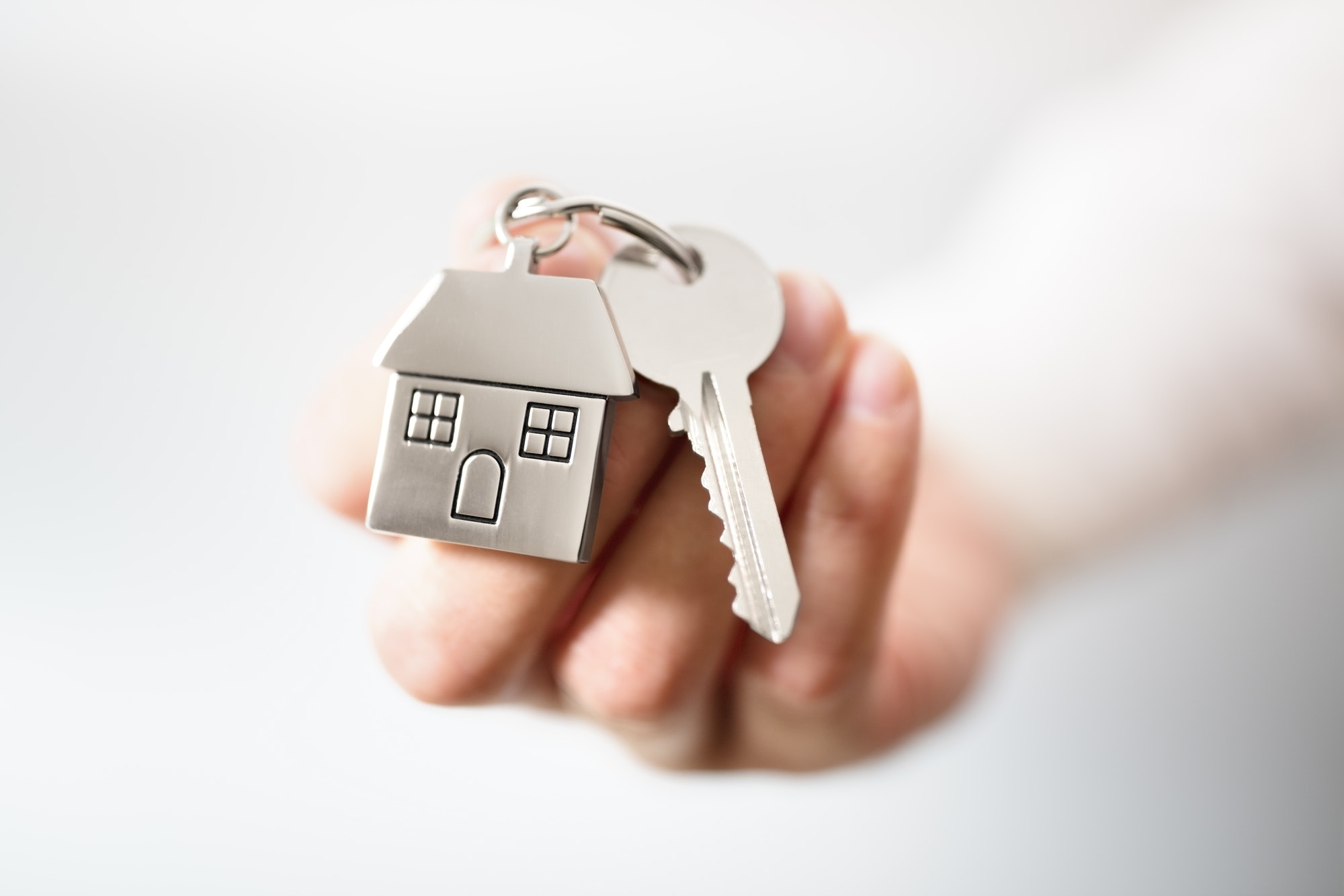A home you buy has a double identity: It’s a place to live and a potential investment.
Even if buying a home is one of your financial goals, you might not be thinking about it for the immediate future.
If you don’t already own, you may be less inclined to buy if a recent collapse in the housing market has put many homeowners underwater. This means they owe more on their mortgage than their home is currently worth. Your income is also a factor. If you’re paying off college loans and still not certain you’ve chosen the right career path, you wisely may not want to take on another obligation.
On the other hand, if you can afford to buy, you may be able to find a great property at a good price. Before you decide, get some expert, unbiased advice.
TAX TIPS
If you’re making a lot of money, your parents, your accountant, and anybody else with financial experience is probably telling you that buying a house will be a great tax break. That’s because the interest you pay on a mortgage is usually tax deductible, as is all the money you pay in real estate taxes.
LOST IN SPACE
Another advantage of buying over renting is that you usually get a lot more space for your money. That’s definitely a bonus, especially if you’re living with a partner, spouse, or friend.
If you really want to see the savings that this tax break provides, think about it in comparison to renting. If you’re spending as much on your mortgage as you would on rent—which is a fairly reasonable expectation in a lot of cases—a percentage of the portion that goes to interest ends up back in your pocket, while with rent it all stays with the landlord. And since you pay a larger proportion of interest early on with most mortgages, you’ll be getting an even larger break in the first few years.
For example, if you had a 30-year $100,000 mortgage with an APR of 6.5%, you’d pay almost $6,500 in interest during the first year you owned your home. You could include that amount in your itemized deductions, along with some of the costs of buying. Itemized deductions are subtracted from your adjusted gross income to reduce your taxable income. Itemizing your real estate taxes would reduce your taxable income—and your taxes—even further.
Owning a home can give you a tax break on the selling end as well. If you sell a property that’s your primary home for more than what you paid for it plus the cost of any improvements you made, you have a capital gain. As long as you’ve lived there for at least two of the five years before you sell, and you haven’t sold or exchanged another home in the past two years, you’re allowed to exclude up to $250,000 of that gain if you’re single, and up to $500,000 if you’re married. That translates into $37,500 or $75,000 in tax savings, figured at the long-term capital gains rate of 15%.
SELF-HELP
Another advantage to owning your home is that every improvement you make increases its value for you, not your landlord. Even if you’re not making huge renovations or additions, every time you get something major replaced or add something permanent to the house, you’ll reap the benefits in several ways if you ever want to sell or borrow against your home:
- The money you put in increases the value, so you can often sell at a higher price
- The more the house is worth, the more your equity in it is worth
- When you calculate your profit on the sale of the house, you can use the cost of permanent improvements to increase your cost basis, which in turn reduces your capital gain and the threat of owing capital gains tax
That’s a lot better than leaving behind the fruits of your labor—and your money—when you move to another rental.
YOUR HOME AS AN INVESTMENT
As you pay off your mortgage, you build up more and more equity, or ownership, in your home, and it becomes more and more valuable to you as an investment. And while a mortgage can seem like forever when the term is longer than you’ve been alive, when it ends the house is all yours.
If it increases in value at any point, including while you’re still paying that mortgage, you can sell it for a profit. And, while most other investments don’t give you anything tangible while you own them, real estate gives you a place to live or work.
But though real estate prices often rise, they don’t always—so there’s risk involved, just as with any other investment. And if you’re trying to sell in a slow market, you’ll have a harder time finding a buyer for a house than for a stock or bond.
MOVIN’ ON UP
One more good thing about buying a home is that it makes it easier to buy another one in the future—often a nicer, more expensive one. For one thing, as long as you keep on top of your mortgage payments, you’ll develop a strong credit history. That’ll go a long way toward getting you the larger mortgage you’ll need for a bigger house, especially if you didn’t have much of a history before your first house.
Selling your first home for a profit can also help you trade up to a more expensive one. This is where any improvements you make will hopefully increase the value of your home above what you paid for it. But don’t stake too much on a big price increase, especially in the short term. And investigate the types of improvements that typically pay off in higher prices.




